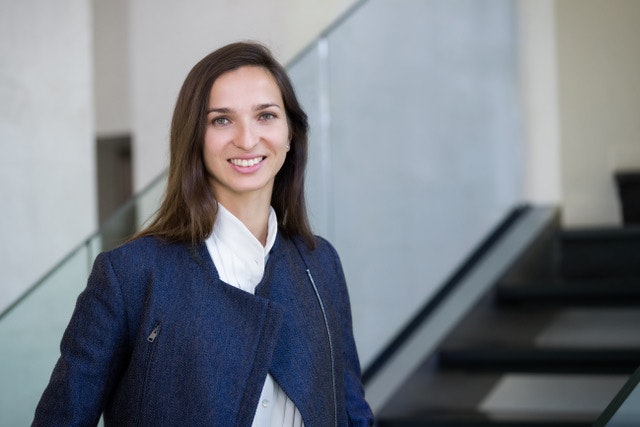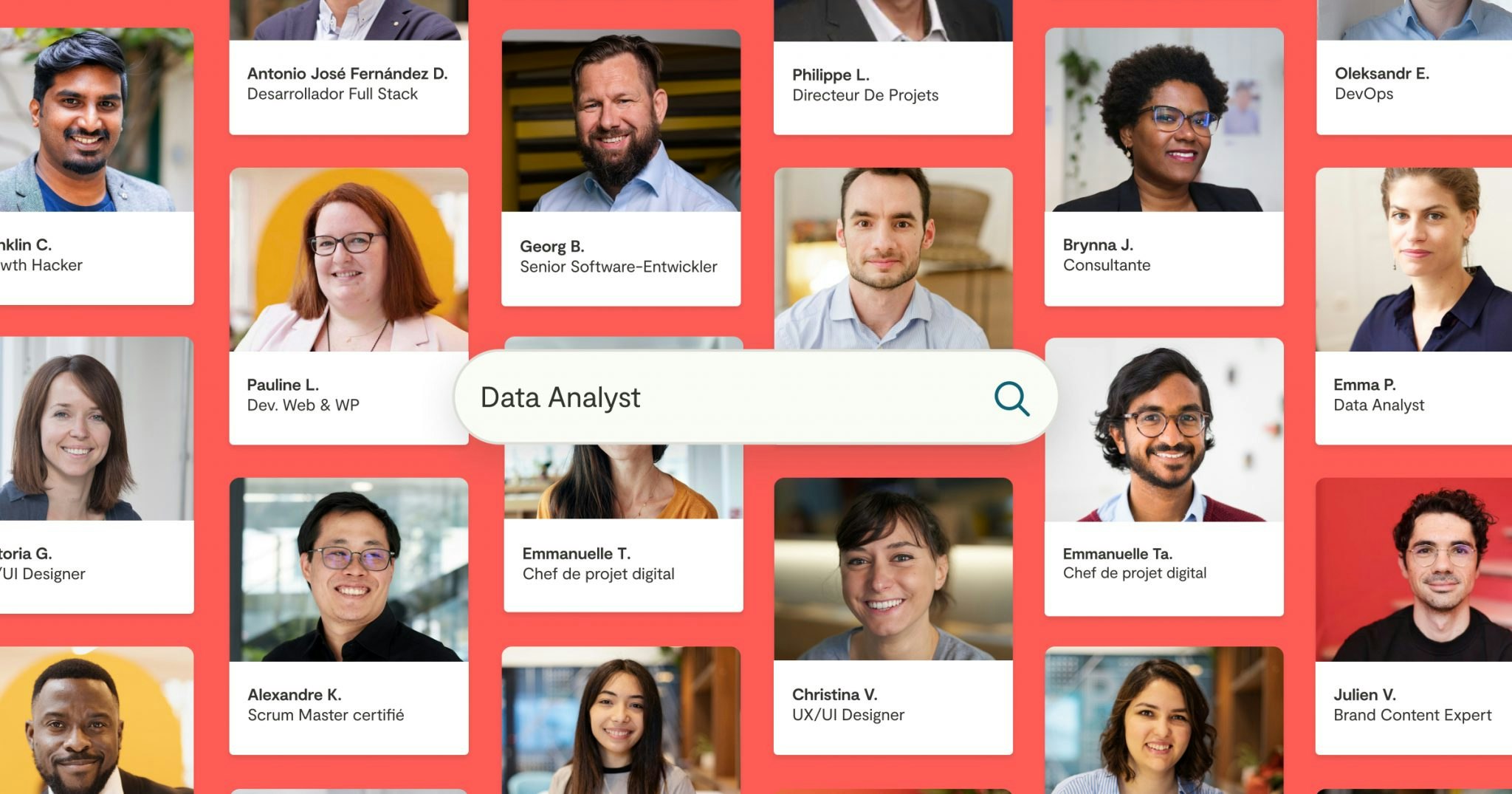Platform businesses, where large numbers of people can connect with each other, have seen big growth over the last decade. But increasingly, consumers and businesses are turning to one type of platform — marketplaces — to purchase online.
In 2021, the top online marketplaces in the world sold $3.23tn in goods.
While they share characteristics, there isn't a one size fits all model that can guarantee success. Luke Trayfoot, chief revenue officer at platform payments provider MANGOPAY, says platform marketplaces can be split into three categories: consumer-to-consumer (C2C), business-to-consumer (B2C) and business-to-business (B2B).
So what are some of the platform startups that are performing well and what are the reasons behind their success?
Beebs
Beebs is a C2C marketplace for children's products. Parents can buy and sell up to 400 different categories of items including second hand clothes, toys and school supplies for kids up to the age of 14. Launched in November 2020, the Beebs app is available in Belgium and France, and now hosts over 1m users.
If you want to scale and you’re onboarding thousands and thousands of suppliers... you need to ensure that it's done in a way which not only is manageable for the platform but improves the experience of the seller
CEO and cofounder Morgan Hilmi says it plans to expand across Europe over the next few years, as the cost of living crisis will put further strain on parents' wallets.
“Kids' items involve a high buying frequency and a rather short use of products,” he tells Sifted. “For an increasing number of parents, it's becoming obvious to start selling stuff their kids no longer use or need in order to optimise their budget. Selling becomes as natural as buying for our users.”
For this reason, Beebs has created a single onboarding process for users regardless of their immediate need. Users complete a short survey, which identifies the products parents might be interested in buying. The app then prompts users to sell as their child grows up. This means buyers can become sellers — and vice versa — with no extra effort.
Trayfoot says getting onboarding right is crucial to retention. For the majority of platforms it should be a simple process because buyers and sellers of small ticket items need not be bogged down handing over large quantities of personal data.
For B2B platforms, where larger purchases are being made and regulations are stricter, the onboarding process becomes more intensive. Trayfoot suggests deferred onboarding — asking for an increasing amount of data through the seller’s journey, up to the point where funds are withdrawn — as a way of slowly integrating larger accounts onto a platform.
“If you want to scale and you’re onboarding thousands and thousands of suppliers, on a daily, weekly, monthly basis, you need to ensure that it's done in a way which not only is manageable for the platform but improves the experience of the seller,” he says.
Finfrog
French fintech Finfrog offers a more affordable alternative to bank overdrafts. The platform is a mix of peer-to-peer and B2C, and uses open banking to assess a customer’s suitability in applying for credit.
Unlike traditional ecommerce sites, [marketplaces] have very specific needs in terms of managing their payment flows
Finfrog says it was the first platform in France to assess customer finances through this method, and peer-to-peer lending was also a relatively new concept when the company started in 2016.
“We had to invest a lot in explaining to the customers and also to the wider ecosystem why open banking was beneficial to everybody,” says Riadh Alimi, Finfrog’s CEO.
Alimi says their process using open banking is safer — customers don’t have to send copies of important documents as with traditional lenders — and quicker.
Keeping in front of regulation and welfare checks has also been important as peer-to-peer lending regulation can be stricter under French law. For example, Finfrog has to investigate their users' Know Your Customer (KYC) solvency for the first euro borrowed, whereas banks typically can lend up to €1,000 without any KYC checks.
Olympe Leflambe, MANGOPAY’s head of compliance, adds it has developed a payments solution that meets the specific challenges of marketplaces and platforms.
“Unlike traditional ecommerce sites, these players have very specific needs in terms of managing their payment flows,” she says. “As well as regulatory requirements related to third-party collections.”
Yescapa
Founded in 2012, Yescapa facilitates peer-to-peer rentals of camper vans and recreational vehicles. Operating across seven European countries, it has over 800k users and access to 15k vehicles.
Proposing the right payment methods is crucial
Now, Yescapa is integrating more professional leasing companies to its platform. Benoit Panel, its CEO and cofounder, says this is due to an increased interest in slow tourism on the continent, and a desire to turn their “competitors into their partners” in a fragmented market.
According to Panel, the company’s existing partnerships are integral to building an effective marketplace business. Whether it be providing the right insurance for both parties or facilitating a smooth and effective payment solution — which it does through MANGOPAY’s white-label solution — using partnerships to cover functions outside of the platform’s immediate functionality can help build up loyal users.
“We are trust builders. We are building trust between two parties — on one side people’s precious holidays and on the other their property,” says Panel. “Proposing the right payment methods is crucial to be able to start building that trust and to turn them into a customer.”
Malt
B2B marketplace Malt allows businesses of all sizes to find freelance support. Freelancers upload a profile consisting of their experience, relevant work examples and references, from which businesses can search for relevant talent.
In our industry, if you want to work with the big accounts, you have to ‘look local’
Malt controls the administration of the working relationship and facilitates payment to the freelancer within 72 hours of the work being completed. It then collects a percentage of the freelancer’s day rate as a fee.
Some 390k freelancers now use Malt across five EU countries. The platform says it will also be operating in the UK within the next few months.
“In our industry, if you want to work with the big accounts, you have to ‘look local’,” says Nicolas Roux, CFO of Malt. “If a country is used to paying with a method that doesn’t exist in another market, you have to adapt.”
Trayfoot says optimising the checkout for different markets is a key element of the service MANGOPAY provides to customers.
“When you go around the planet, there are hundreds and thousands of payment methods for the buyer. Plus you have to understand the complexity of different currencies,” he says. “You need the right method of payment in front of the user with a really clear structure of what their method of payment is and what currency they’re going to be billed in.”




